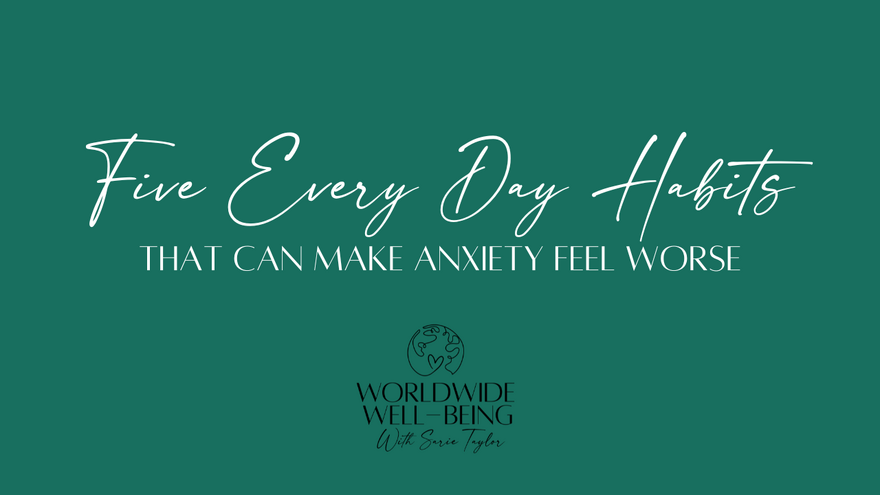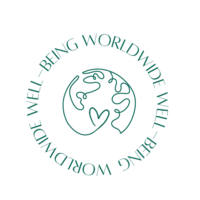
That Jittery Cup of Coffee…
If you’ve ever had one too many coffees and felt your heart racing, you’ll know that what we consume can affect how we feel. For those living with anxiety, the effects can feel magnified - suddenly that jitter isn’t just “caffeine,” it becomes “something’s wrong with me.”
But here’s the thing: it’s not really the coffee itself that creates the ongoing anxious spiral. It’s the way our thoughts interact with the sensation. That’s where the understanding of The Three Principles brings a breath of fresh air.
Let’s look at five everyday habits that can appear to fuel anxiety - and what’s really going on underneath..
1. Caffeine and Coffee
Caffeine stimulates the nervous system and increases adrenaline. That “buzz” can mimic the physical signs of anxiety - racing heart, restlessness, shaky hands.
The Three Principles perspective: those sensations are temporary. It’s not proof that you’re broken, it’s just how your body responds. The spiral comes when thought tells a story: “I’m unsafe” or “I can’t cope.” Seeing this helps us experience the sensation without the scary meaning.
2. Poor Sleep
We’ve all felt more on edge after a bad night’s sleep. Exhaustion lowers our level of consciousness/mood, so anxious thinking can seem louder and more seductive!
The Three Principles perspective: your wellbeing is never truly gone, even when tired. Sleep impacts how noisy the mind feels, but your innate calm is always intact.
3. Scrolling and Overstimulation
Endless social media scrolling keeps the brain on high alert. The constant comparisons and dopamine hits make it harder to feel settled.
The Three Principles perspective: peace doesn’t come from controlling your feed, but from noticing thought in the moment. Even in overstimulating environments, you have access to quiet.
4. Alcohol and Sugar
A glass of wine or sugary treat can feel like a comfort in the moment, but both affect blood sugar and mood regulation. That rollercoaster can leave you more anxious afterwards.
The Three Principles perspective: recognising how temporary states pass helps reduce guilt or panic when they happen. It’s less about cutting things out, more about understanding what’s going on, and ironically the calmer we feel the better choices we make anyway!
5. Constant “Self-Monitoring”
Checking in on how anxious you feel - “Am I okay now? What about now?” - ironically makes anxiety louder. It’s like staring at the weather forecast every five minutes and expecting sunshine to arrive faster.
The Three Principles perspective: you don’t need to monitor yourself into calm. When you stop trying so hard to manage it, peace emerges naturally. You can't ever 'think' your way to well-being.
A Different Relationship to Anxiety
The habits above don’t cause anxiety in the way we often think. They may add temporary sensations, but it’s our thought-created meaning that turns them into spirals.
Through understanding The Three Principles, we see that our wellbeing is never dependent on perfect sleep, a caffeine-free diet, or a tidy feed. Those things can be helpful, yes - but your peace of mind runs deeper. It’s built-in.
Instead of trying to eliminate every “trigger,” notice how your relationship to thought transforms the experience. Even when the coffee jitters come, there’s a calm place within you that’s untouched - and always available.


Comments